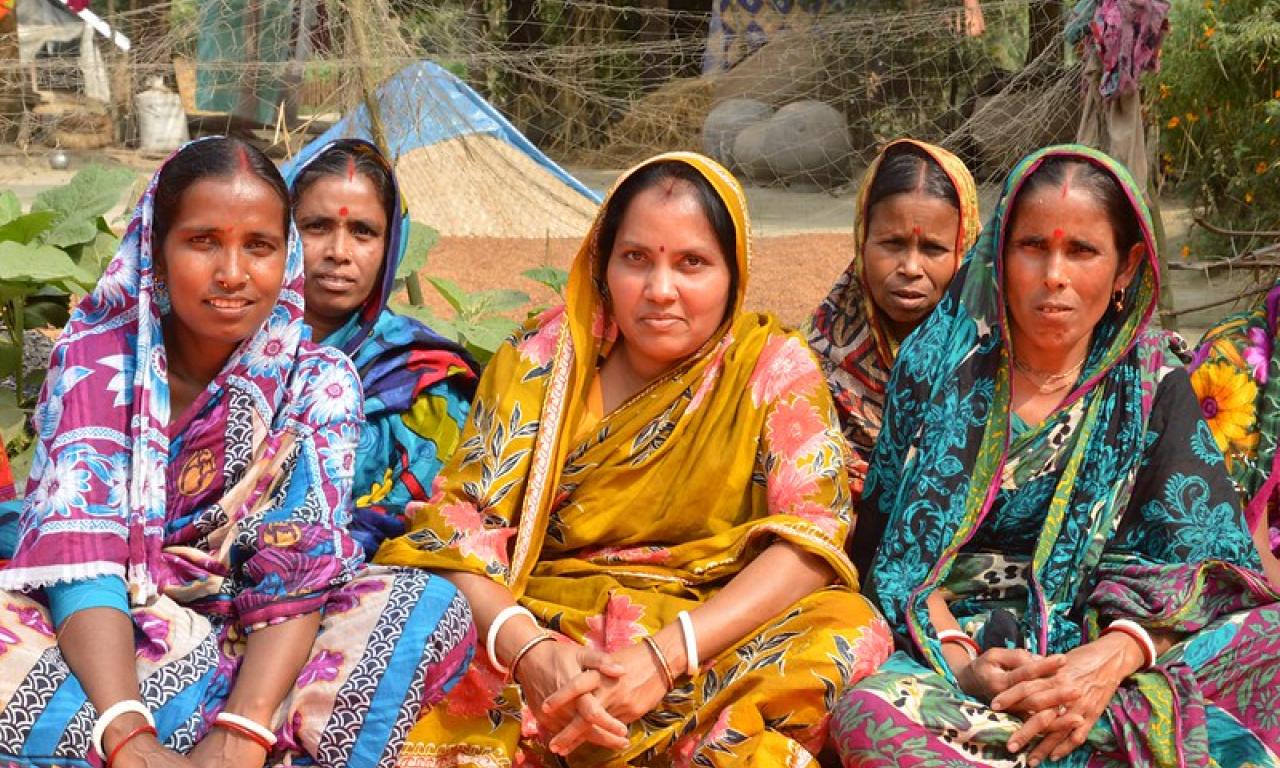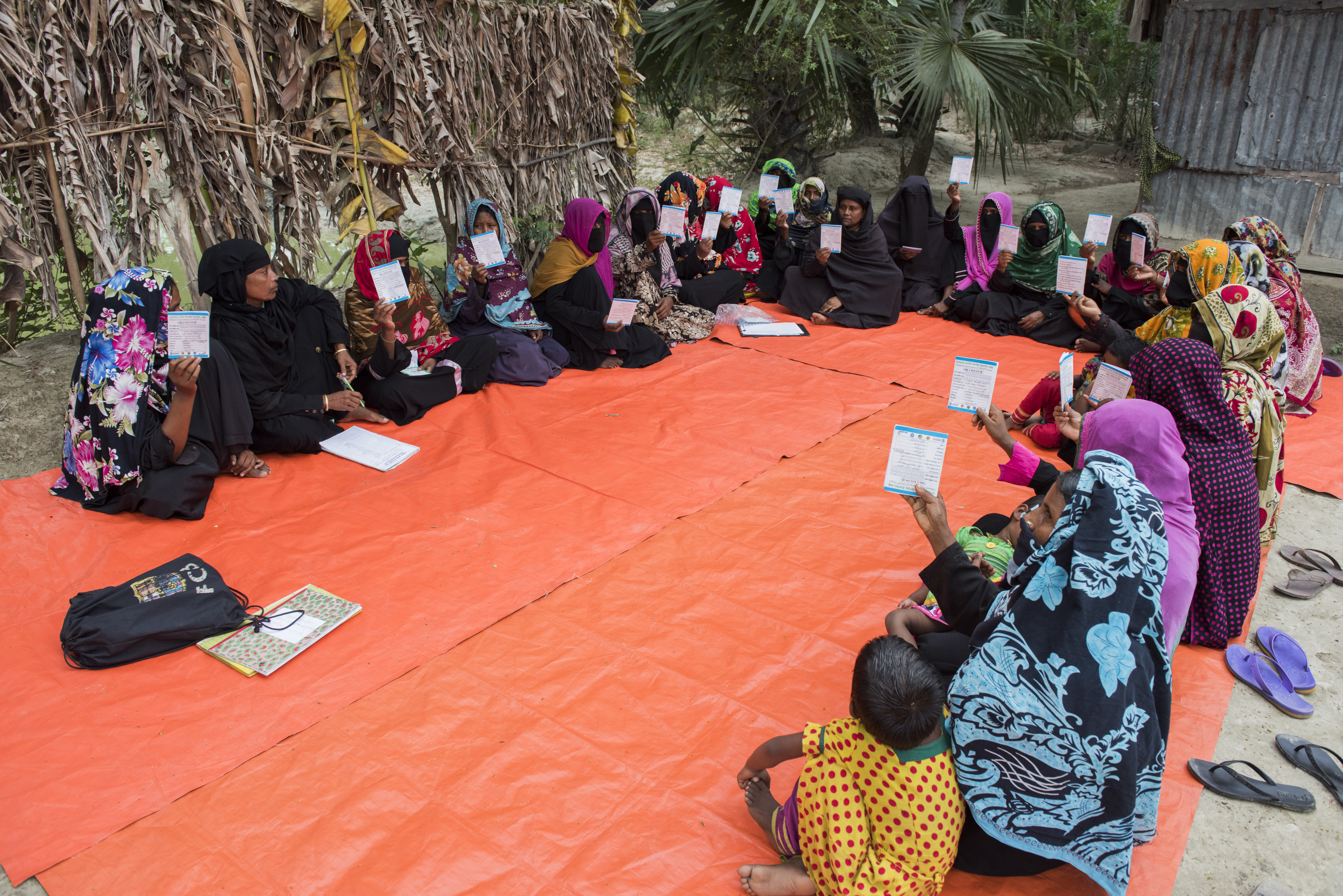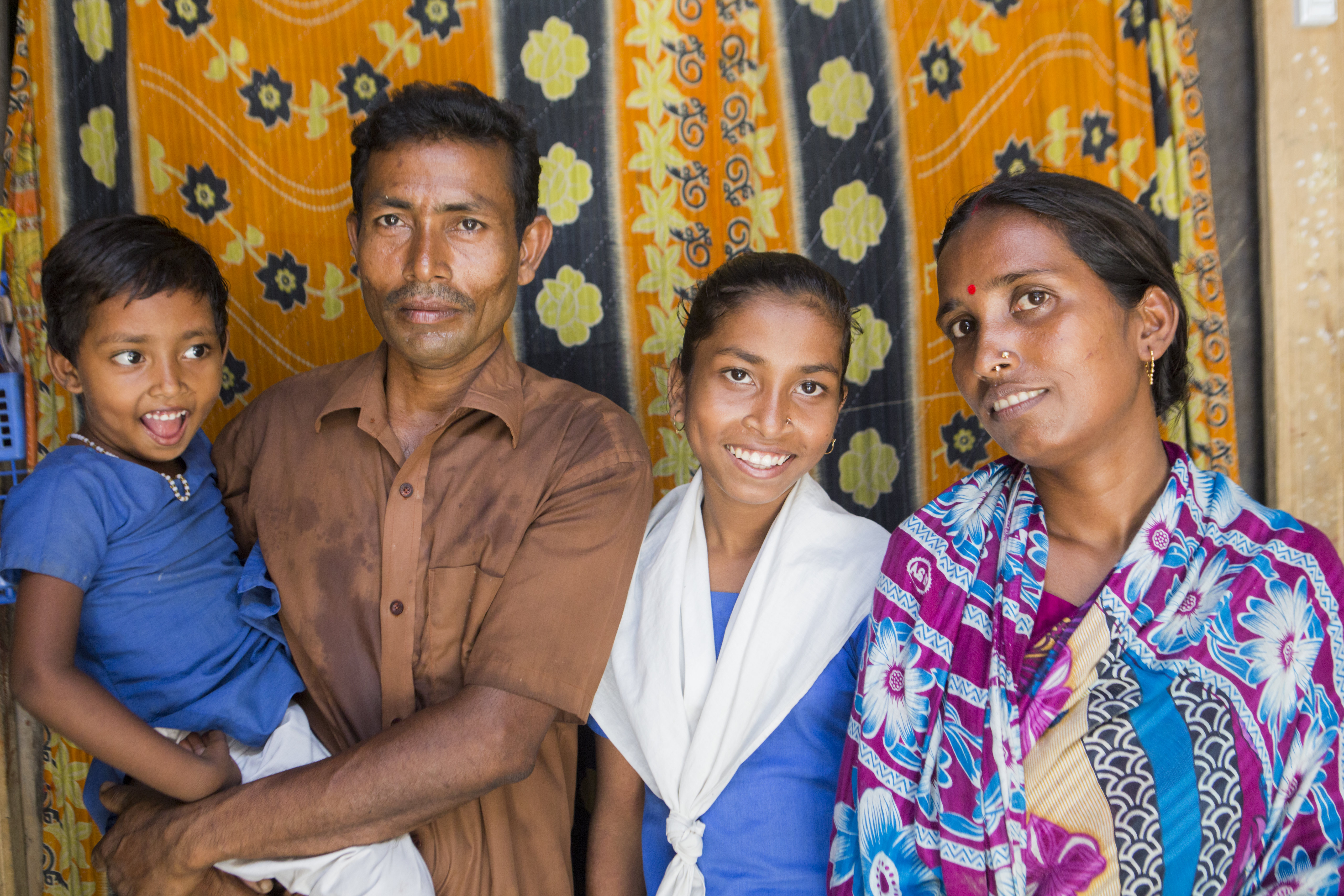
- The ECOFISH project worked to promote sustainable usage of Bangladesh’s hilsa fisheries to ensure better socioeconomic outcomes for fisher communities
- The project empowered women as agents of change in their communities and engaged them in resource decision-making processes
Hilsa fisheries (Tenualosa ilisha) are integral to socioeconomic prosperity in Bangladesh. Hilsa are a cultural icon, a local nutritious food source and a primary source of livelihoods for the country’s rural communities. However, unsustainably managed stocks have led to a sharp decline in hilsa fisheries, with rural women bearing much of the brunt of the decline.
Despite the Government of Bangladesh’s attempts to reverse the widespread declines, there has been little success imposing a top-down regulatory approach or through threatening legal repercussions for fishing violations.
To try a different approach, USAID implemented the Enhanced Coastal Fisheries in Bangladesh (ECOFISH) activity, which aimed to improve the ecological integrity of the Meghna River by developing co-management approaches with local communities and empowering women to be agents of change in conservation.
The activity, jointly implemented by WorldFish and Bangladesh’s Department of Fisheries, supported the establishment of a collaborative, science-based approach to reduce overfishing and protect juvenile fish and brood hilsa in the peak spawning season.
As part of the project, women were assigned influential community roles and empowered to partake in local and national decision-making processes. They received training in alternative income-generating activities and were educated on ways to make nutritious diets more attainable for their children, inspiring them to work to ensure hilsa stocks are both sustainably used and conserved.
Over 20,000 fisher households were involved in the project, and ECOFISH ultimately achieved a 90 percent compliance rate with sustainable use policies that were collectively developed within fisher communities—with local women being integral to both policymaking and implementation.
Fostering bottom-up approaches

For years, top-down enforcement was not well received by fishing communities, with few motivated to listen and many others entirely unaware of seasonal fishing bans, no-take zones and the use of illegal destructive gear.
Penalizing the non-compliant fishers neither succeeded in making the fishing bans effective nor resulted in recovered hilsa populations.
The ECOFISH activity therefore hypothesized that if a science-based approach in co-management was adopted, and the socioeconomic conditions of the fishing households were improved, then coastal biodiversity and hilsa fish production would ultimately enhance.
“It’s about promoting equitable benefits, showing smallholder fishers how they and their families stand to benefit by adopting certain fishing practices that are more ecologically sound,” said Abdul Wahab, WorldFish’s team leader for ECOFISH.
By engaging communities and working with them to develop win-win solutions, ECOFISH was ultimately able to improve both social and environmental outcomes along the country’s river systems.
Total hilsa catch increased from 387,000 metric tons in 2015 at the project’s inception to 517,000 metric tons in 2019, meaning sustainably managed stocks ended up being both more profitable and productive.
Furthermore, the project provided women with diverse income-generating activities, whether through training them to develop value-added fish products or to cultivate crops and rear livestock during no-take seasons, which gave them a degree of financial autonomy. This led them to have more of a say in decision-making processes, participate in fisheries governance and be better regarded at both the household and community level.
Streamlining a gender-inclusive approach to hilsa conservation

ECOFISH combined its fisheries management interventions with women’s economic empowerment by providing access to training, financial cooperatives and fishing technologies. Nearly 150 women-only community savings groups were established in part, where women were trained in financial literacy and could receive zero-interest loans to develop their own independent businesses.
Community savings groups served as a gateway for fisherwomen’s empowerment through which they could play a greater role at the household, community and regional levels in influencing fisheries management and ensuring compliance with the government rules and regulations, explained Wahab.
Through their new skills and pursuits, women participants are now also keeping their husbands engaged in family activities like gardening, livestock rearing and aquaculture pond management during seasonal fishing bans—ensuring household prosperity and a decrease in gender-based conflicts during seasonal fishing bans.
“In practice, ECOFISH’s interventions increased women’s influence in fisheries governance along the Meghna River ecosystem, which in turn contributed to increased conservation efforts and sustainable hilsa fisheries,” said Wahab.
